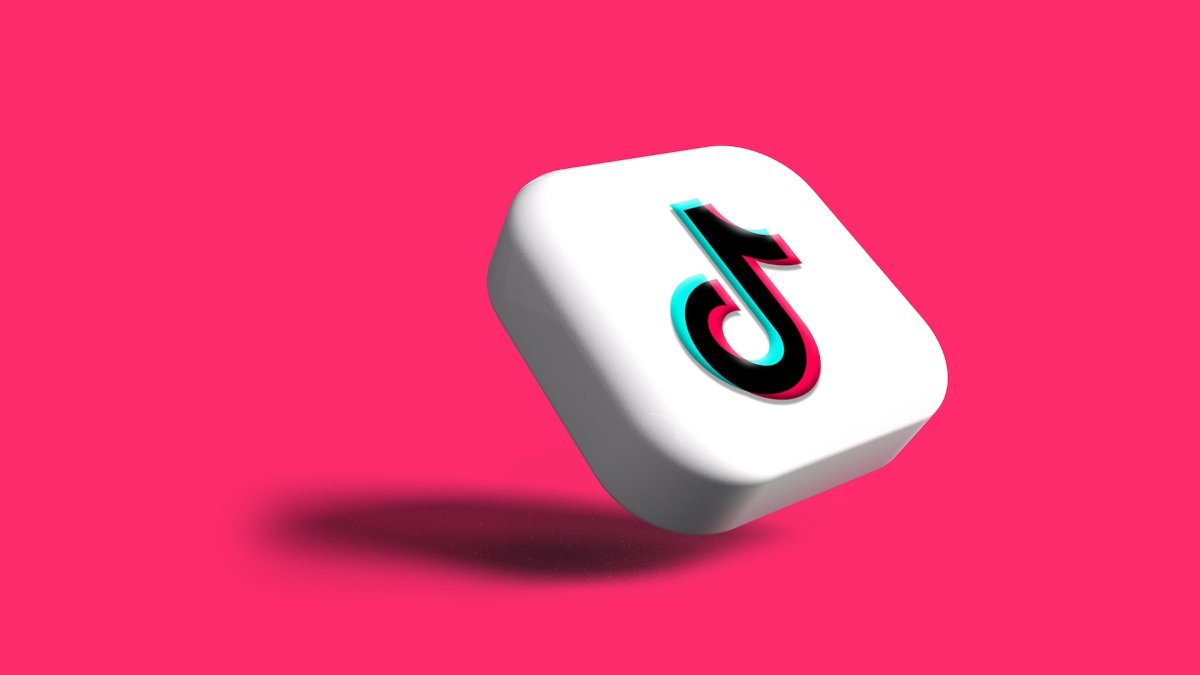
Photo Credit: Rubaitul Azad
Several well-known businesses – most recently Bang Energy Drink – have learned through litigation that TikTok’s major label blanket licenses don’t extend to companies. But contrary to the commonly held belief, the short-form video-sharing app has a robust licensing process in place for brands, and the use of music in adverts doesn’t have to bring about multimillion-dollar lawsuits. Here’s how brands can clear music and avoid licensing headaches on TikTok.
The following was created in collaboration with Songtradr, part of a broader partnership focused on the sync licensing space. Be sure to check our ongoing coverage of this fast-growing sector here.
In July, Universal Music Group (UMG) secured a partial victory in its much-publicized copyright infringement complaint against Bang Energy. Ahead of the case’s trial, a judge ruled that Bang had in fact infringed upon the leading label’s music in about 140 promotional videos.
Regardless of how the courtroom confrontation plays out (it remains to be seen whether the energy-drink maker will also be held liable for TikTok videos uploaded by influencers), the less-than-ideal situation underscores the limits of TikTok’s blanket licenses. The agreements exclusively govern user-generated content – not promotional and/or paid clips for brands, which have ample incentive to develop a presence on the platform.
“Now more than ever, TikTok is a very looked-at type of use,” Big Sync Music head of Americas Alex Menck told Digital Music News. “Certain publishers, they want to know who those influencers are before they approve a TikTok use. They want to know how many followers those influencers have.”
Bang Energy, which has expressed the belief that it was covered by TikTok’s major label pacts, isn’t the first company that’s faced legal action concerning the use of allegedly unlicensed music on the short-form app. (The other Big Three labels are suing Bang over TikTok videos in similar actions.)
Sony Music Entertainment (SME) last year levied a firmly worded suit against Solihull, England-headquartered fitness-apparel company Gymshark, concerning the entity’s allegedly unauthorized inclusion of protected music in videos on social media platforms including TikTok.
SME and Gymshark (which was valued at over £1 billion in an August of 2020 funding round) settled towards 2022’s beginning. And while the terms of this settlement haven’t been publicly disclosed, the stakes are quite clear for brands that intend to use music on TikTok.
“There are all kinds of complexities when it comes to TikTok. Not only the fees that the publishers and labels are charging for those uses, but also to underestimate the power of those videos,” stated Menck, whose company has connected prominent brands such as TRESemmé, Target, and Suave with well-suited existing music for their TikTok campaigns.
Music Can Deliver Unparalleled Impact For Brands on TikTok
Besides notable instances of certain brands’ music-powered marketing success on TikTok – like Ocean Spray’s prominent part in a trend that helped to reignite the career of Fleetwood Mac – data demonstrates the impact that carefully selected tracks can have on the way that companies are perceived.
According to a multifaceted study commissioned by TikTok, when brands’ videos feature songs that users “like,” 68 percent of viewers better remember the company at hand, with nearly 60 percent of users feeling a stronger connection to the business and stating that they’re likelier to discuss it (and/or share the clip) as a result.
“Most of the time, TikTok is way more important than a commercial or a late-night show on television. There are more people watching that little TikTok, watching Reels, looking to their phone and laughing at something (that’s branded in this case) than paying attention to a commercial in the middle of programming,” Menck said.
“Trends move fast on TikTok, and do-it-yourself licensing can be slow,” MassiveMusic global creative strategy director Roscoe Williamson told us.
One of six Certified Sound Partners added to TikTok’s existing Marketing Partners program midway through 2021, MassiveMusic creates bespoke songs tailored to brands and marketing objectives, driving engagement with and user-generated video trends for campaigns. In this way, clients can benefit from tracks that were created with their products – and the TikTok community’s preferences – front of mind, avoiding licensing headaches in the process.
“Essentially, licensing on TikTok can be a bit of a minefield – particularly if you’re dealing with a remix, mashup, or track containing various samples. Multiple rightsholders from both the label and publishing side may need to be contacted for approval – an often time-consuming process,” Williamson added.
Custom-crafted songs, Williamson continued, can dramatically reduce licensing complexity while also being tailored to campaigns and brand objectives; TikTok indicated in the previously highlighted study that 65 percent of TikTokers prefer branded content that boasts original music. To date, MassiveMusic has worked to fuel viral engagement by creating bespoke tracks for companies including Shiseido, Lancôme, and Bliss.
The Risk to Brands Using Music on TikTok – And How It Can Be Overcome
Meanwhile, Big Sync is helping brands find the ideal music for their TikTok campaigns despite the potentially hazard-wrought licensing process – which, in large part because of its relative newness, is replete with faulty advice and recommendations, according to Menck.
“Brands are fully aware, they know that this licensing process is different, they know there must be an associated cost, but oftentimes they let the agencies, the creatives, convince them that things could be done in a less complicated and more economical way, while still achieving the same result,” Menck told DMN.
“The agencies try to paint a specific picture for the brands; sometimes they fall for it, sometimes they call us and ask, ‘Is this for real?’ And we’re like, ‘No, it’s not real,’” he continued, proceeding to note that TikTok’s considerable size and reach mean that rightsholders will eventually identify (and seek compensation for) even minor instances of unauthorized music use from businesses.
Ultimately, the music industry’s focus on TikTok song usages reflects the significant role that the platform plays today, especially among younger users. For companies, there’s never been a better time to try and reach consumers through the app, where music spurs trends, engagement, content creation, and brand awareness.
Now, it’s a matter of tailoring advert campaigns to capitalize upon TikTok’s vast promotional upside and simultaneously assuring that music is properly licensed. Expert guidance and input can prevent unforeseen obstacles and help to bring the desired results to fruition.
